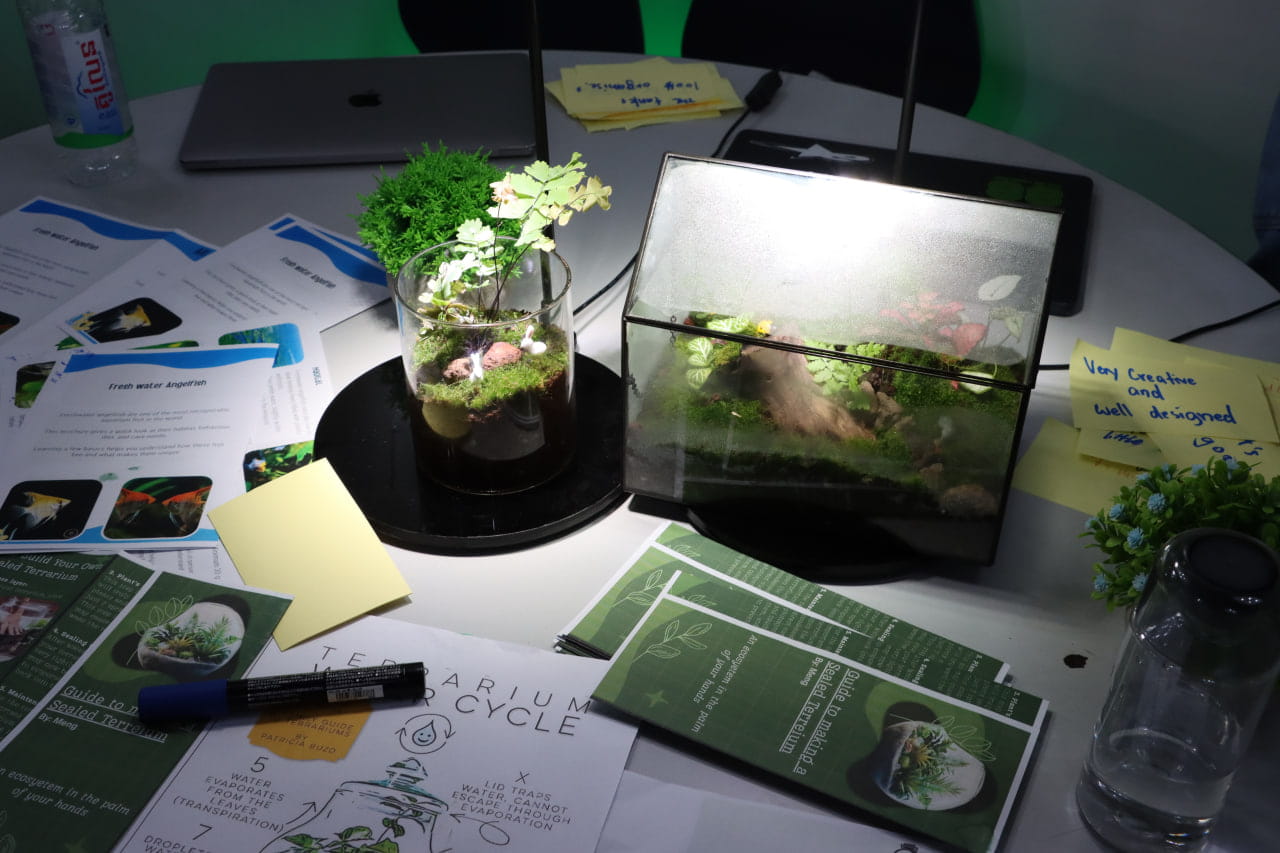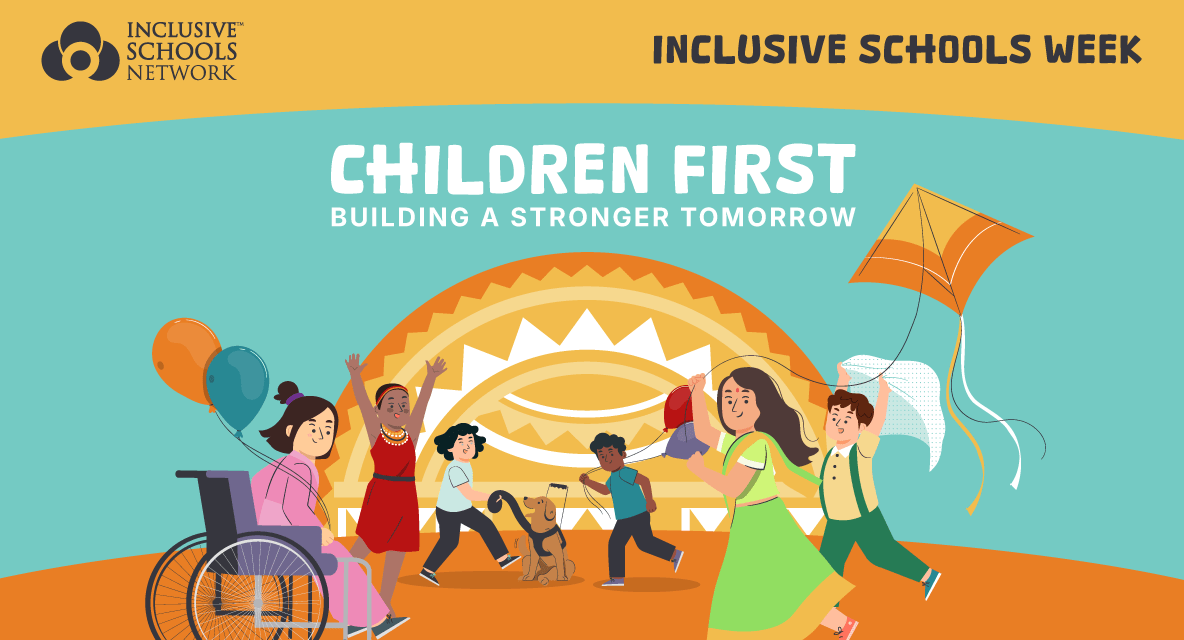Without a doubt, these are all important things for our students to learn and any school should teach them. However, in modern education, it’s becoming increasingly clear that students need more than just knowledge of facts and figures. In order to be successful for an entire lifetime, students need to be learn “soft skills” in school.
What are soft skills? They are higher thinking skills that are required on a daily basis in order to succeed in everyday life. Soft skills include problem solving skills, critical thinking, communication and collaboration skills, empathy, resilience, and adaptability. While it is true that in their adult lives, our students will occasionally find academic knowledge, such as the Pythagorean theorem for example, useful in the future, it is even more certain that they will constantly have to solve problems, work well with others, and communicate effectively nearly every single day in their lives. Therefore, it behooves teachers and parents to equip their child with a mental toolkit of soft skills that allows them to be successful in the future.
How can schools and parents help equip children with soft skills?
One way is to look past just the memorization of knowledge. Yes, it may be good, for example, to understand the hard fact that World War 2 began in 1939, but it’s much more important to ask students questions that require them to apply their knowledge and have an understanding of the problem, such as “What motivated various countries to enter the war?” or “Why did the Allies win the war?” or “How does the World War 2 effect the geography of the world today in 2024?” These types of questions develop actual understanding of the world, as opposed to factual knowledge alone.
Allow the students to be in situations that are new and unfamiliar to them and then don’t step in to immediately solve the challenges that result. Let the students work through the unfamiliar situation on their own so they can develop problem solving skills. Does your student have to do a group project with someone they don’t like? Let them work together anyway, because working with people you don’t necessarily like is an important skill in life. Is the problem difficult? Working through it anyway teaches skills such as resilience and flexibility, which you can’t succeed in life without.
Help students understand that not everybody thinks the same way or has the same life experiences. Promote the idea that there are many issues in the world that are not black and white to promote critical thinking. Teach them to ask, “If somebody said or did that to me, how would I feel?” before they act in order to develop their empathy and communication skills.
Here at NISC, soft skills are built into our curriculum and we work hard to promote them both inside and outside of our classrooms. Soft skills are absolutely vital in everyday life – possibly even more important than raw knowledge. As a result, we should strive to imbue our students with these higher-level skills from a young age so that we can maximize the success of our children.






